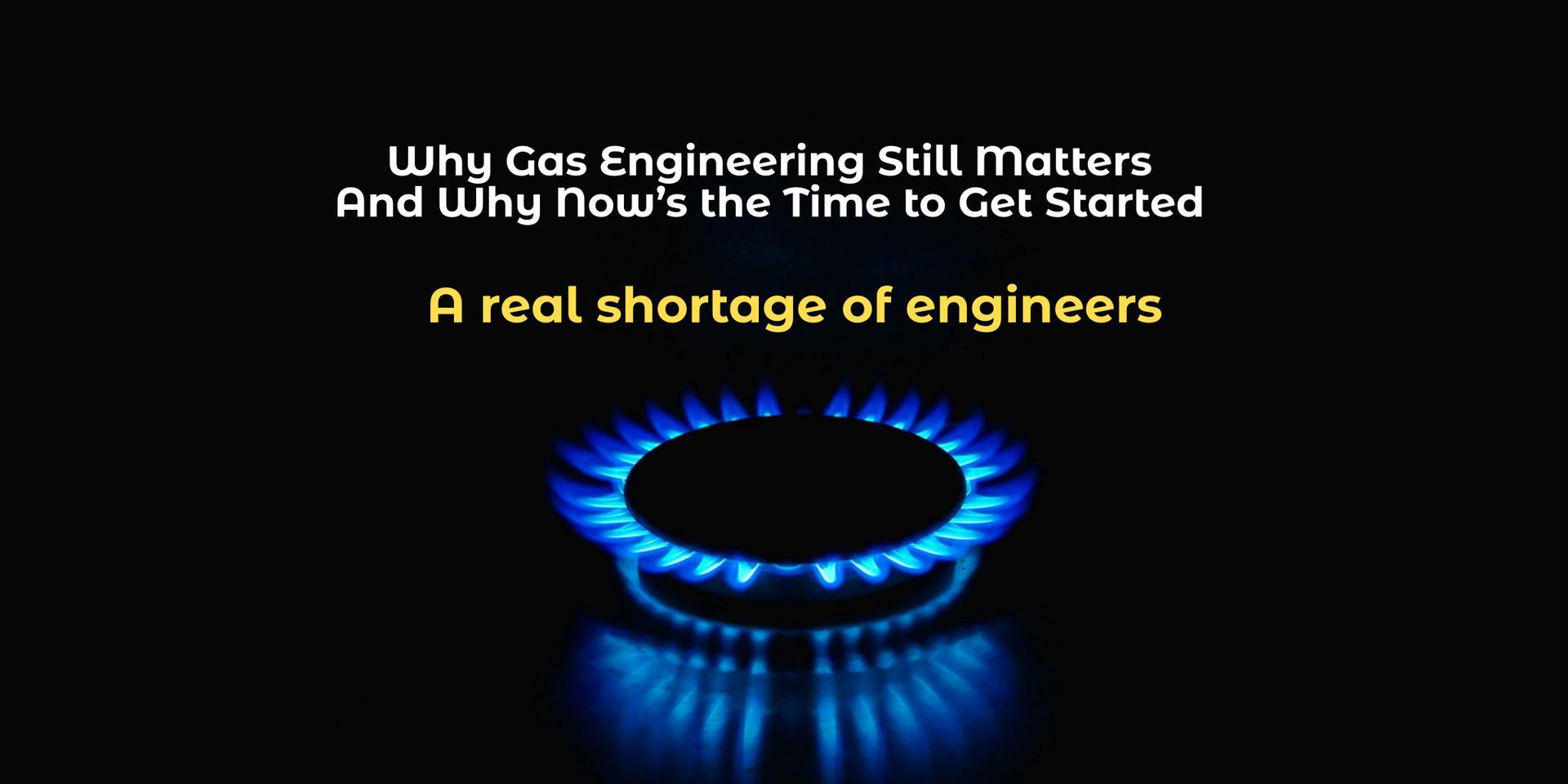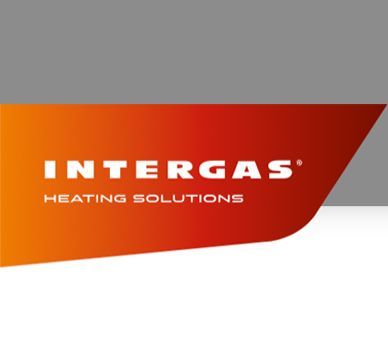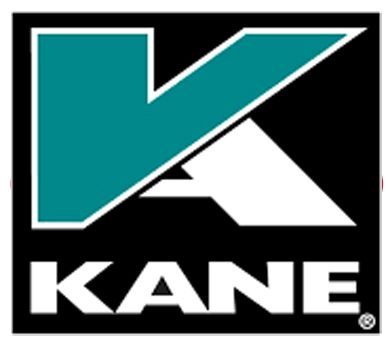Hydrogen-Ready Boilers: How Do They Work?
As we continue to put out more and more carbon dioxide into the atmosphere, it is causing the overall temperature of our planet to rise. This is leading to a variety of changes in our environment, from extreme weather events to rising sea levels. These effects will only worsen unless we take steps to reduce the carbon dioxide we release.
The Government is exploring ways to help people reduce the amount of carbon dioxide they produce when heating their homes. They are looking for ways to reduce the impact of home heating on the environment by finding more eco-friendly alternatives.
Hydrogen is a type of gas produced from water using electricity. When the electricity used to create the hydrogen is sourced from renewable sources, the hydrogen does not produce any emissions. This makes it a great alternative to other fossil fuels as it is much more environmentally friendly and can help reduce CO2 emissions.
Here, we'll learn what a hydrogen boiler is and whether you need one:
What Is a Hydrogen Boiler?
Hydrogen boilers are an emerging technology in the world of home heating systems. Hydrogen boilers are an efficient, clean, and inexpensive way to heat your home. They use hydrogen gas, produced through electrolysis, to heat and provide your home with hot water or central heating.
The most apparent advantage of a hydrogen boiler is its efficiency. Hydrogen boilers are much more efficient than traditional boilers, meaning they use less energy to heat your home. This makes them an excellent choice for those looking to reduce their energy bills.
Hydrogen boilers also produce minimal carbon dioxide, meaning they're a much cleaner option than traditional boilers. This makes them an excellent choice for reducing their environmental impact.
What Is a Hydrogen-Ready Boiler?
A hydrogen-ready boiler is a type of appliance that can burn natural gas and hydrogen. This means that when the gas network can switch from methane to hydrogen, you will not have to replace your gas boiler. Currently, research and development are being done to determine if this is a viable option for decarbonising. Solutions are also being explored to see how heating engineers can convert products that are designed to be hydrogen-ready.
How Hydrogen-Ready Boilers Work
Hydrogen-ready boilers are the latest advancement in home heating technology. These boilers are designed to use hydrogen as their primary fuel source, making them an ideal choice for those looking to reduce their carbon footprint and make their homes more energy-efficient. This blog will explore how hydrogen-ready boilers work and why they're becoming increasingly popular.
Hydrogen-ready boilers are designed to operate using a mixture of hydrogen and natural gas. The hydrogen is stored in a fuel tank and is released into the combustion chamber when the boiler is in use. The hydrogen is then ignited by an electric spark, creating an efficient and clean burning flame. This flame is used to heat the water in the boiler, which is then circulated through the home's heating system.
The advantage of using hydrogen as a fuel source is that it produces minimal emissions. In fact, it's estimated that hydrogen-ready boilers can reduce emissions by up to 90%. This makes them a much better choice than traditional gas boilers, which can produce significant amounts of carbon dioxide and other pollutants.
In addition to being more environmentally friendly, hydrogen-ready boilers are more efficient than their gas counterparts. This is because the hydrogen-air mixture within the boiler is much more combustible, meaning that it produces more heat per unit of fuel. You can save money on your energy bills by using a hydrogen-ready boiler.
Hydrogen-ready boilers are also much safer than traditional gas boilers. This is because hydrogen is a much lighter gas than natural gas, meaning that it rises quickly and dissipates into the air. This prevents the risk of gas build-up, which can be a significant safety risk with traditional gas boilers.
Conclusion
Rather than making a sudden transition, hydrogen will likely be slowly introduced into the gas network. A project at Keele University, Newcastle explores how to blend hydrogen and natural gas so that up to 20 percent of the mixture is hydrogen. This would mean that no changes to existing boilers would be required, and the transition could occur quickly. The objective of the project is for this to be done by 2025. If you are interested, it is best to prepare and undergo gas training in the UK.
Gas Training & Assessment offers gas training courses in Basildon and Essex. Our approved training programs include lessons in gas, electric, renewable energy, plumbing, and heating. Ask us about our courses for
gas training in the UK!























